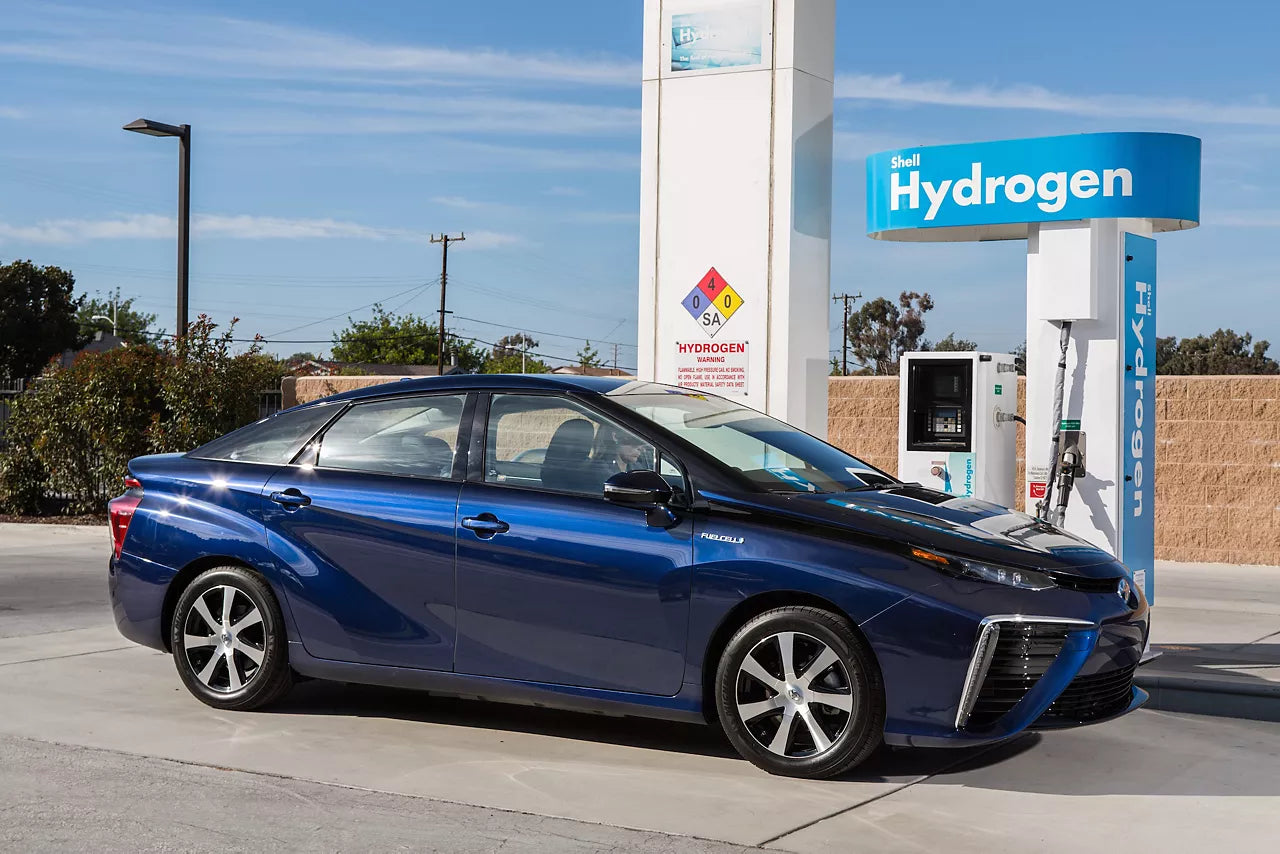In the ongoing struggle against climate change, two promising alternatives to traditional ICE vehicles have garnered significant attention: hydrogen fuel cell vehicles (FCVs) and electric vehicles (EVs). The debate surrounding these technologies is vibrant and complex, as each possesses distinct advantages and drawbacks. At iEV, we firmly believe that hydrogen car is NOT the future.

For EV drivers who charge their cars at home, they experience the convenience of avoiding trips to petrol stations for refueling. However, when comparing refueling processes, there's little distinction between refueling an internal combustion engine (ICE) car and refueling a hydrogen fuel cell vehicle (FCV) — both necessitate driving to either a petrol station or a hydrogen station. Unlike EVs, hydrogen cars lack the convenience of home charging, which can be a major drawback for consumers.

While many individuals criticize EVs for fire safety concerns, it's important to remember that hydrogen is highly flammable and leaks generate a serious risk of fire or even explosion. The tragic event of the Hindenburg disaster serves as a poignant reminder of the destructive potential of hydrogen gas. In modern hydrogen fuel cell vehicles like the Toyota Mirai, hydrogen is compressed to extreme pressures of 10,000 psi and stored beneath the seats of the car.

Toyota Mirai's 10,000 psi hydrogen tank - wikipedia.org
Last but not the least, the cost of electric vehicles (EVs) in Australia is nearing parity with that of ICE cars. For instance, the BYD Dolphin Dynamic, priced from $38,890 before on-road costs as of January 2024, demonstrates this trend. However, hydrogen cars still have a significant distance to go to meet the average consumer's affordability, both in terms of initial purchase price and ongoing operational expenses. In September last year, Hydrogen Insight found that it is almost 14 times more expensive to drive a Toyota hydrogen car in California than a Tesla Model 3.
While iEV may not envision a future for hydrogen cars, it's important to recognize that hydrogen fuel cells could find a niche market in heavy-duty vehicles such as trucks and buses. This is primarily due to their superior energy density and quicker refueling capabilities. Therefore, hydrogen is poised to maintain significance in the realm of green energy, particularly as we navigate our transition towards achieving net-zero emissions.
At iEV, we not only provide top-quality EV chargers and accessories, but also deliver exciting and in-depth insights from the global EV market, handpicked by our founders every week.


Share:
Driving an EV in New Zealand is Easy & Enjoyable (part 2-2)
What is a XIAOMI SU7?